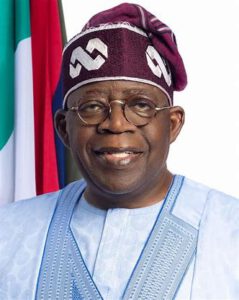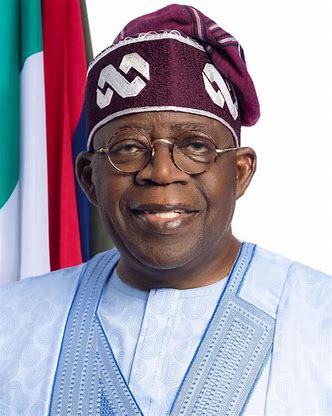
Tinubu
However, the former spokesman of former Vice President Namadi Sambo, condemned the President’s decision, as this would distance him from what Nigerians are facing on issues of electricity.
“At a time when the Nigerian government is urging citizens and public institutions to cut costs, the decision by the State House to spend N10 billion on a solar energy project raises serious questions about priorities and leadership,” Sani said.
“Yes, electricity costs are high but this is a problem that affects every Nigerian, not just the presidency. The real issue is not the cost of power in Aso Rock, but the chronic failure of the national power system: generation remains stuck at around 4,000MW, and the Transmission Company of Nigeria cannot expand the infrastructure needed to wheel more power across the country.
“Rather than leading systemic reform, the presidency appears to be opting out of securing energy for itself while leaving ministries, agencies, businesses, and citizens to struggle under the weight of erratic supply and exorbitant tariffs. If everyone follows Aso Rock’s example and migrates to solar independently, what then becomes of the Ministry of Power, the national grid, and the billions allocated annually to improve them?
“This N10 billion could have been used to upgrade national transmission lines or fund community-based power projects that would benefit millions, not just one complex. It sends the wrong signal: that governance is about isolating those in power from the very problems they are elected to solve.
“Instead of being a model for sustainable energy, this project may end up being another example of a government building comfort for itself while the rest of the country remains in the dark.”





